
Ontological Security and Migration Politics: A Critical Perspective
 Marcus Nicolson
Marcus NicolsonInstitute for Minority Rights
Cohesion, equal participation and minority protection are among the central challenges of a diverse society. Our interdisciplinary and international team recognizes the diversity of South Tyrolean society – its autonomy and system of minority rights - as foundation for research and point of reference to advise on minorities worldwide.
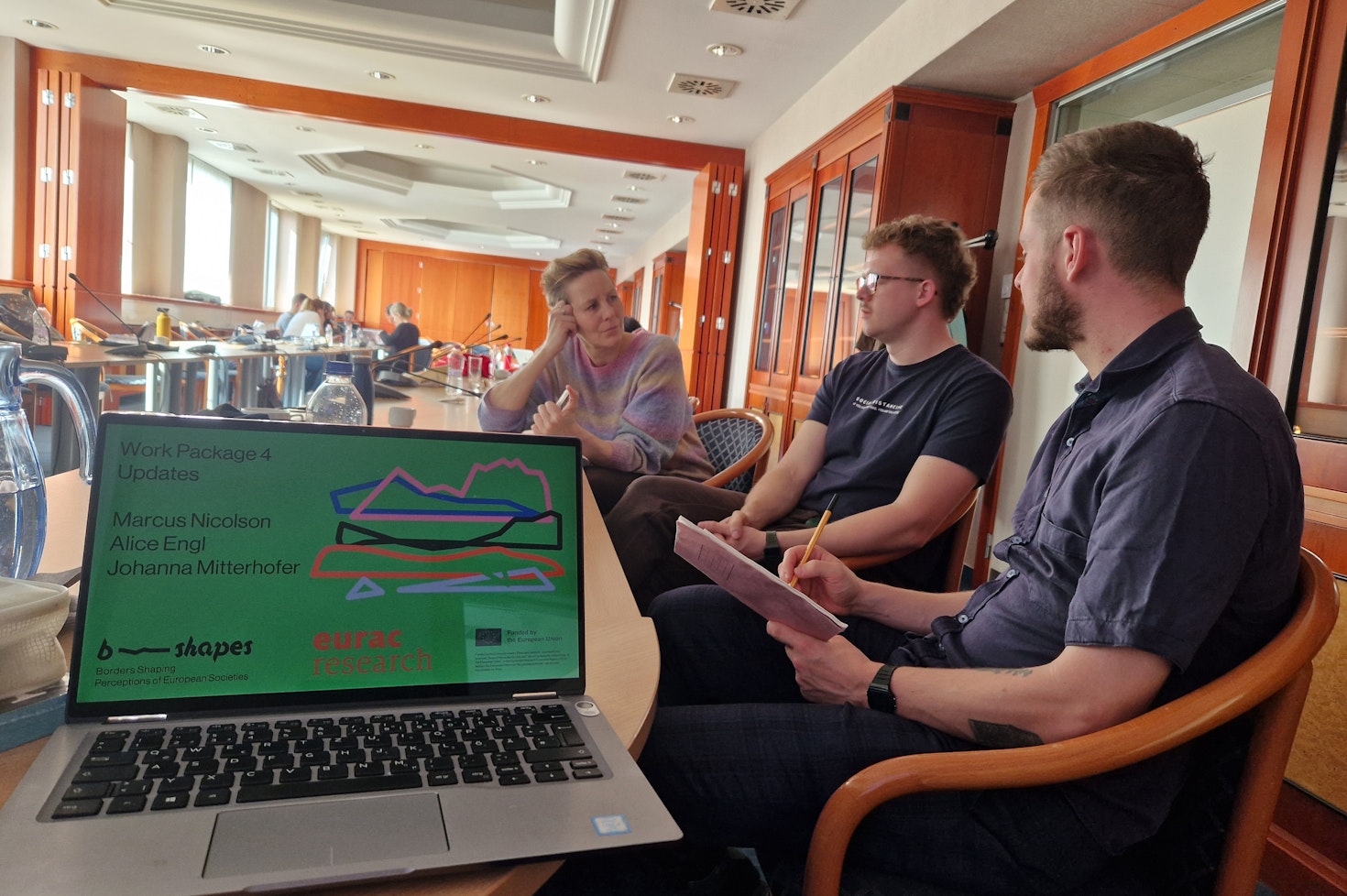

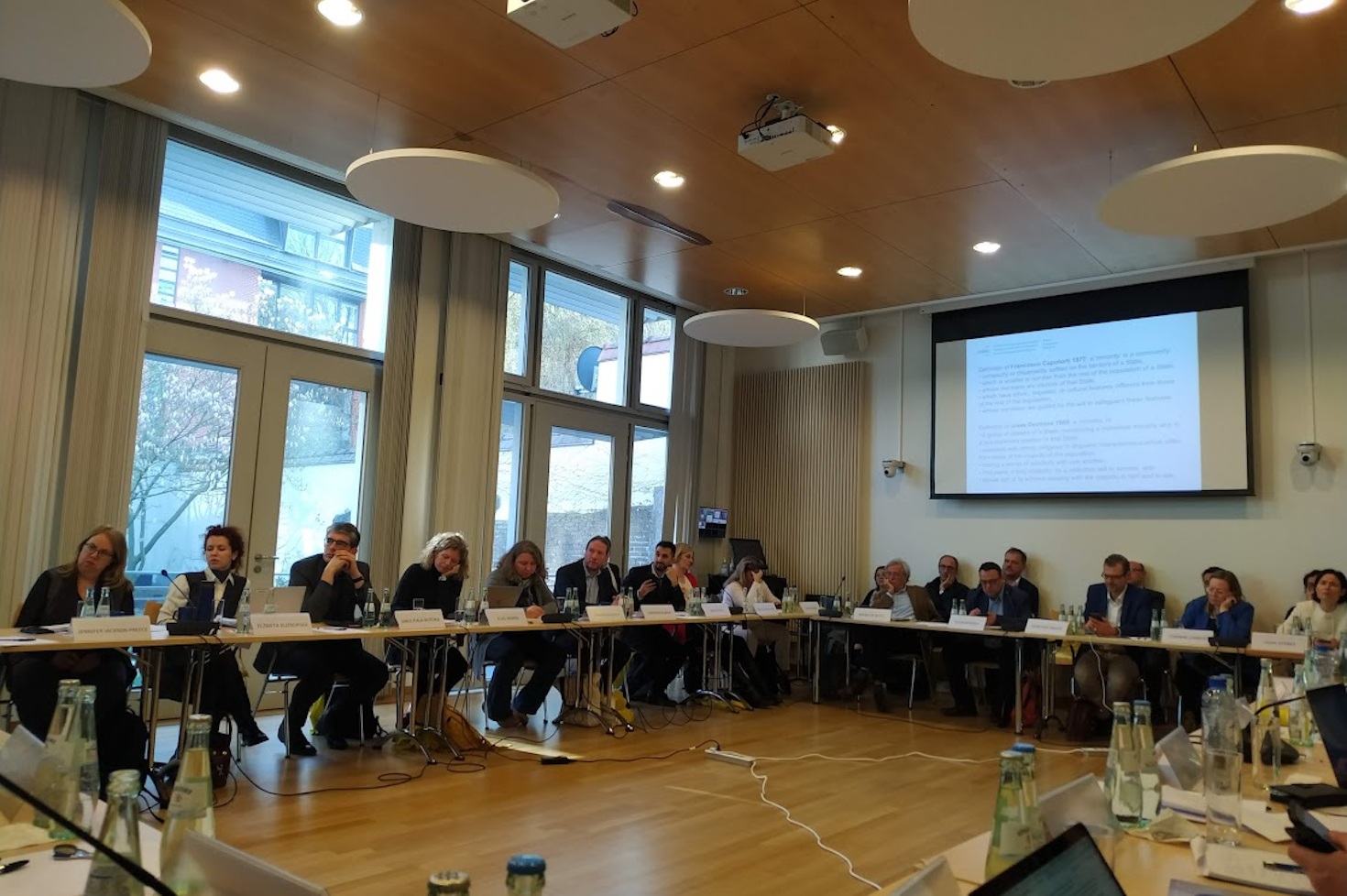
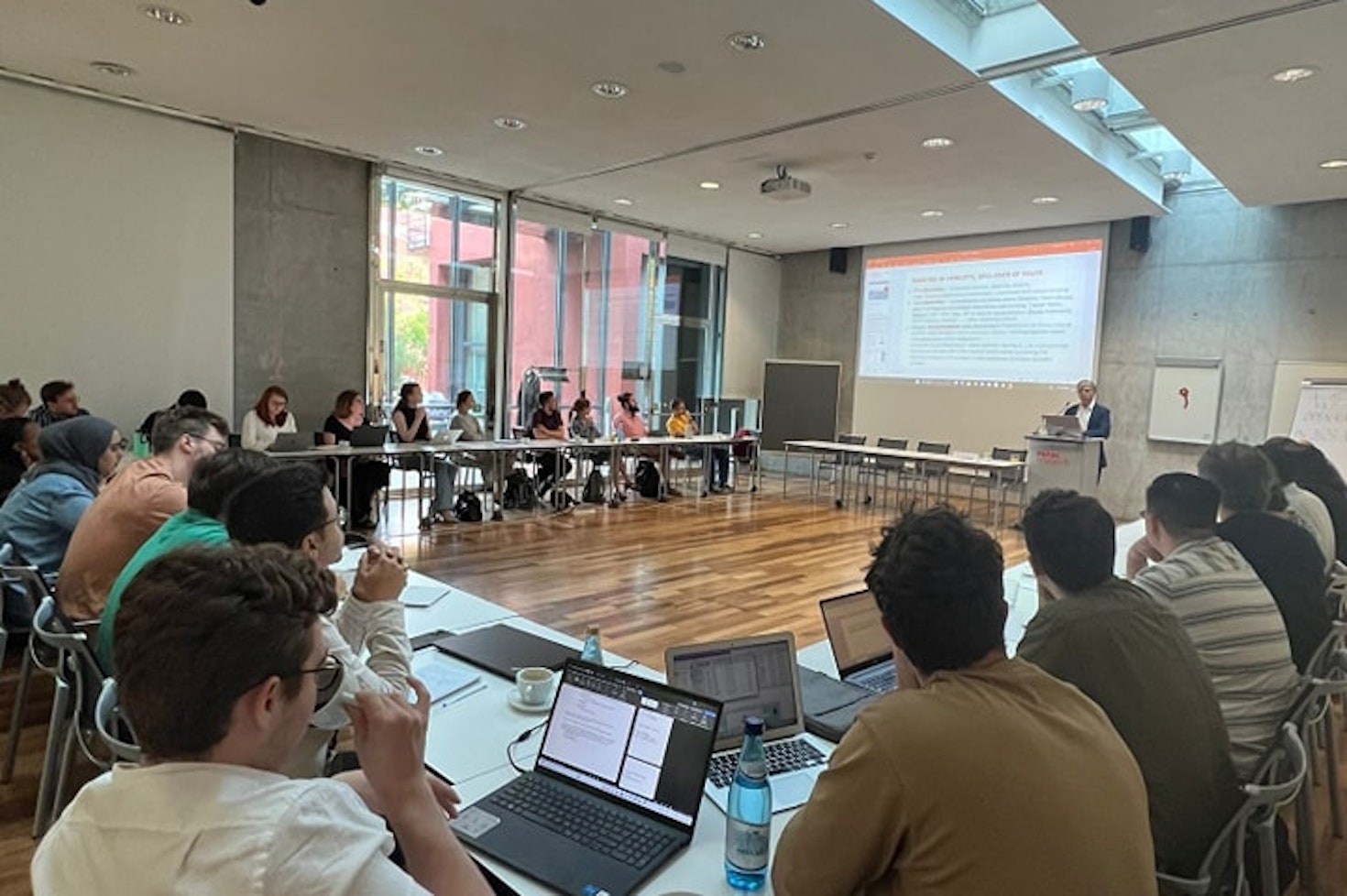
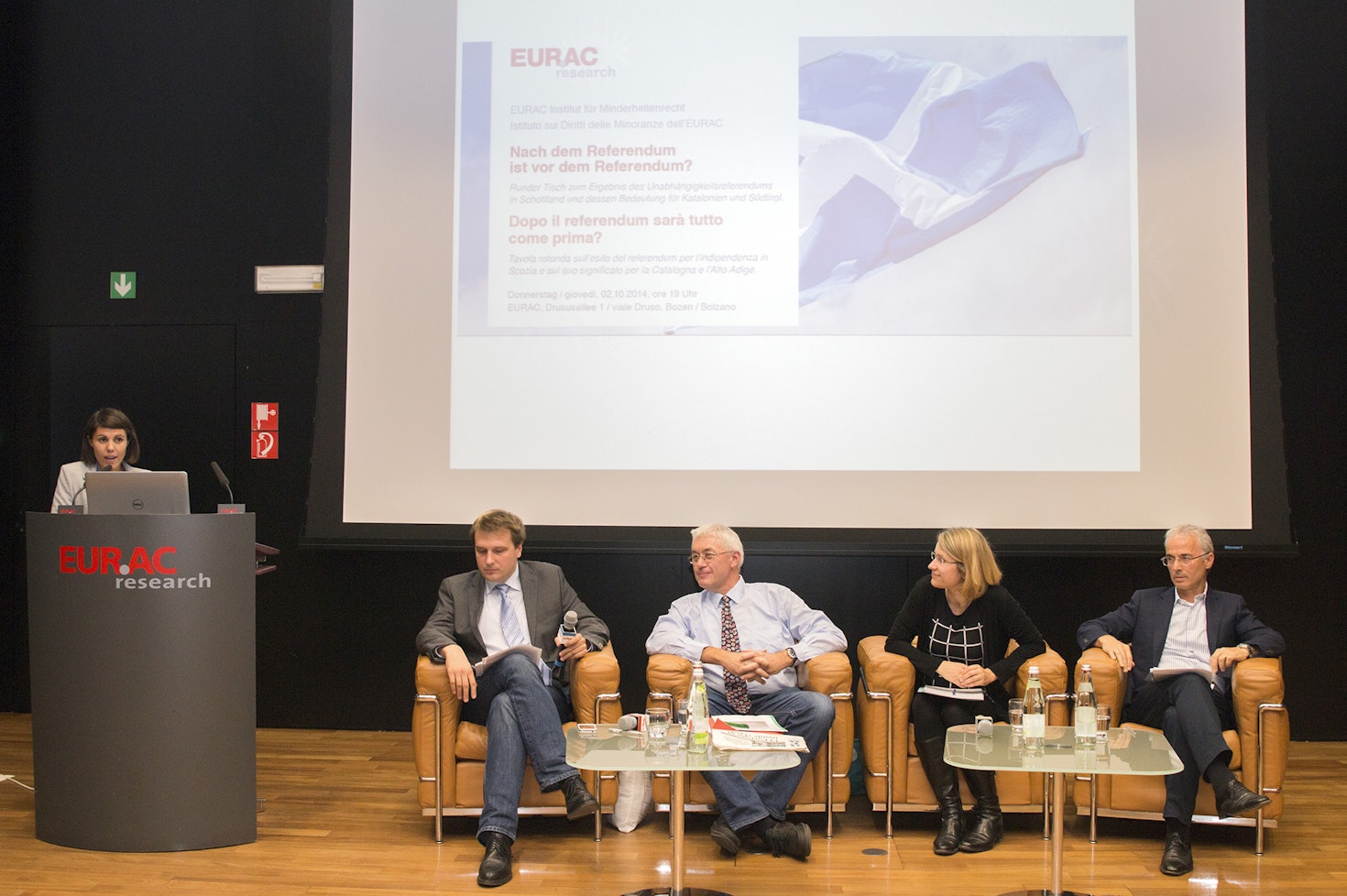

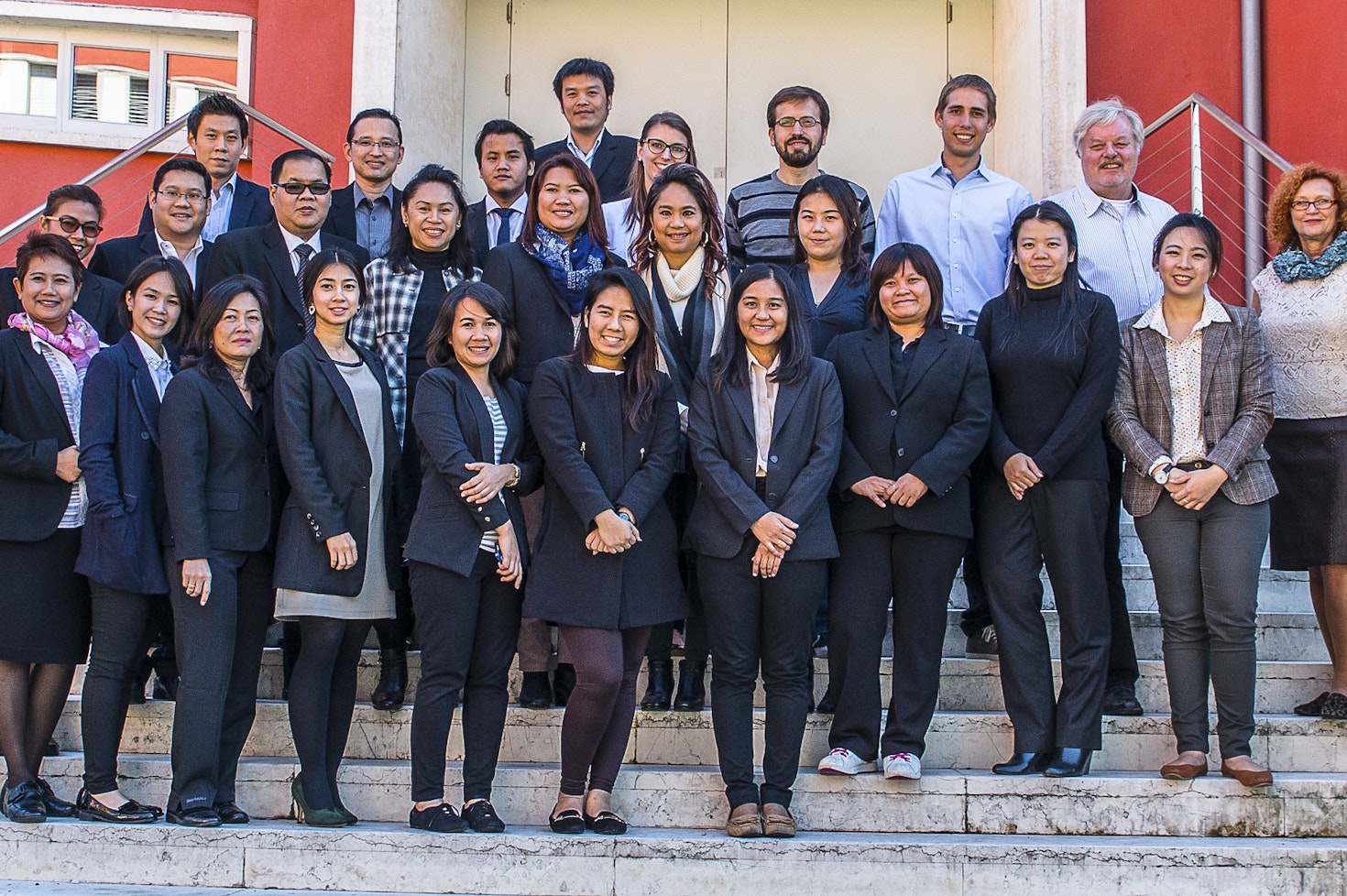
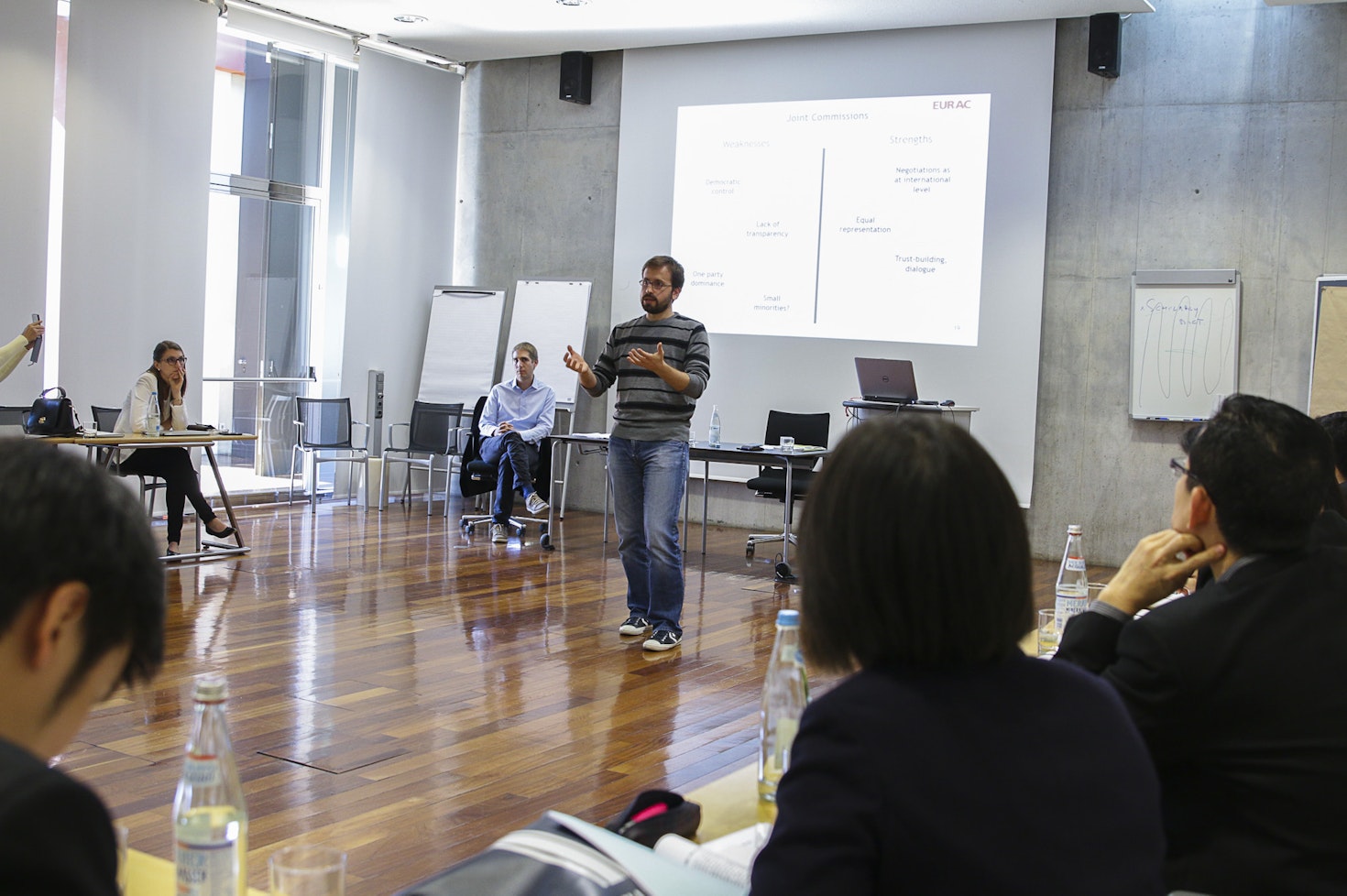

Data refer to the last issue of the Activity Report. See all Facts & Figures.